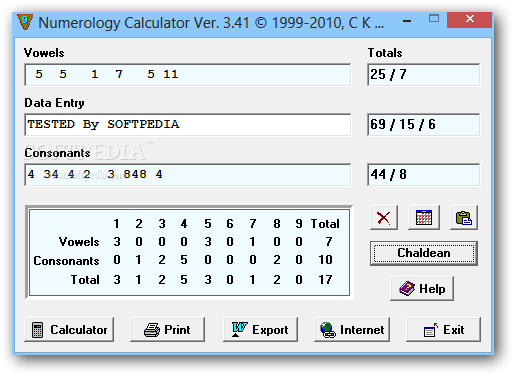

This can be especially useful for those who are not familiar with the system, as calculating gematria values by hand can be time-consuming and require a good understanding of the system. Gematria calculators can be helpful for those who are interested in gematria because they allow users to easily and quickly find the numerical values of words or phrases. Some may be interested in using gematria to find hidden meanings or connections between words, while others may be interested in exploring the relationship between language and numerology. People may use a gematria calculator for a variety of reasons. Why peoples are using the gematria calculator? Overall, gematria is a system that has been used for centuries to find connections and uncover hidden meanings in texts, and it continues to be used by a variety of cultures and traditions today. It involves assigning numerical values to letters in the Greek alphabet and using those values to find connections between words or to uncover hidden meanings in texts. The system is used in a variety of ways in Islamic tradition, including for divination and for finding hidden meanings in the Quran.Ĭhristian gematria, also known as Isopsephy, is a system used by early Christians to find hidden meanings in the Bible. Islamic gematria is similar to Jewish gematria, but it uses the Arabic alphabet instead of the Hebrew alphabet. This coincidence is thought to indicate a connection between truth and death in Jewish thought. For example, the Hebrew word for "truth" (emet) has a numerical value of 441, which is the same as the value of the word "death" (mavet). In Jewish gematria, each letter of the Hebrew alphabet is assigned a numerical value, and the sum of the values of the letters in a word is used to find relationships between words or to uncover hidden meanings in texts. This system is used in various ways by different cultures and traditions, including Jewish, Islamic, and early Christian practices. It is a constant in your numerological chart.Gematria is a system of assigning numerical values to words or phrases in order to find hidden meanings or associations between words. That day you were born will never change. Your birth number is extremely important in Chaldean numerology because, unlike your name, it is constant. For example, if your birthday is May 21th, your number would be 21. Single digits represent the outer aspects of a person, while double digits reveal inner influences.Ĭhaldean numerology bases your date of birth number on the day of the month you were born. Single digits represent outer influences and double digits represent inner aspects to a person. It always uses compound, or double-digit numbers. So, for example, if your name is Peter Smith, but you usually go by Pete, your numerology chart would be calculated based on Pete Smith. It take into account the numerical value of your name, it bases its interpretations on the name you are most known by. The Chaldean style matches the vibrations between the two.Ĭhaldean is the older of the two and is also considered more "accurate". Using this letter in Chaldean Numerology is forbidden, as it is a great dishonesty.Ĭhaldean system used sounds and tones to correspond letters and numbers. It has no letters attached to number 9, which is considered very spiritual. The Chaldean numerology system is perhaps the oldest form of numerology known, with its origin in ancient Babylon.Įvery letter has a numerical value from 1 to 8.

Pythagorean numerology can help you achieve these goals in addition to helping you understand what types of people are most compatible with you and why. Numerology is also an excellent way to gain insight into other people. Pythagorean system uses only single digit numbers. Pythagorean numerology is often referred to as Western numerology as well as Modern numerology. Pythagorean system simply assigns the numbers in sequence so A=1, B=2, C=3 and so on. Pythagorean numerology is the easiest, the best known, and the most widely used by modern numerologists. The Pythagorean method was developed by Pythagoras, a Greek mathematician and metaphysician who lived during the 6th century.


 0 kommentar(er)
0 kommentar(er)
